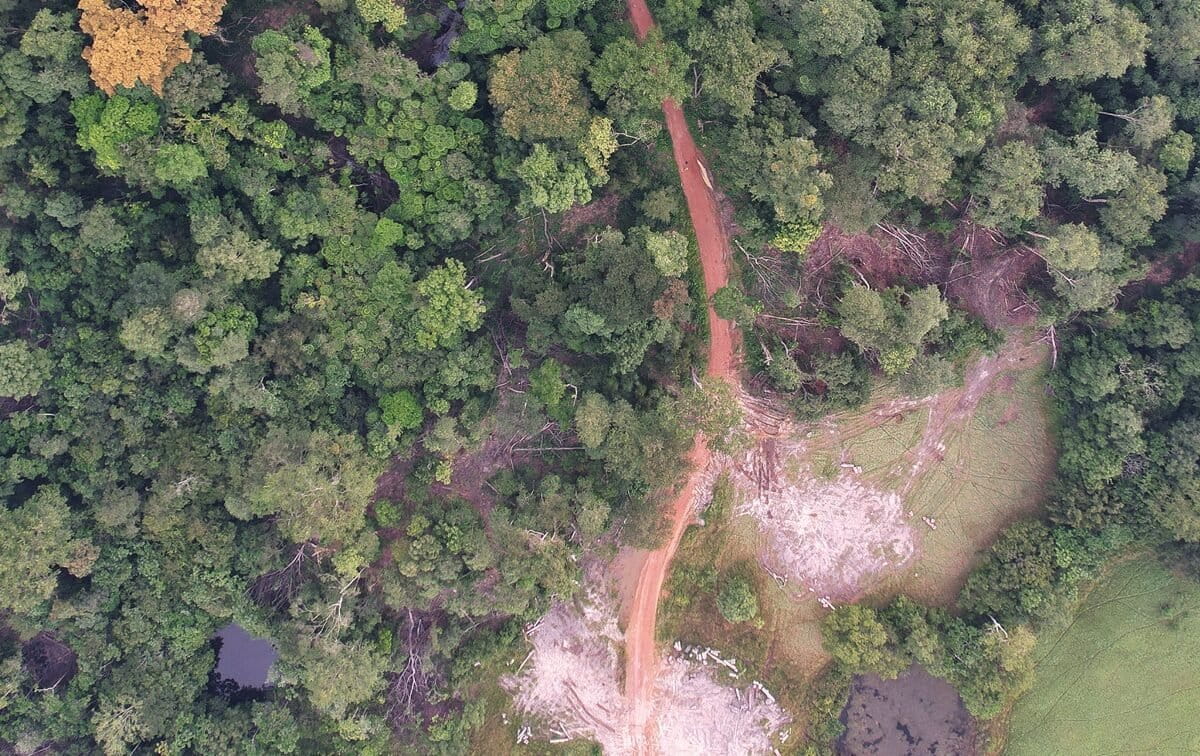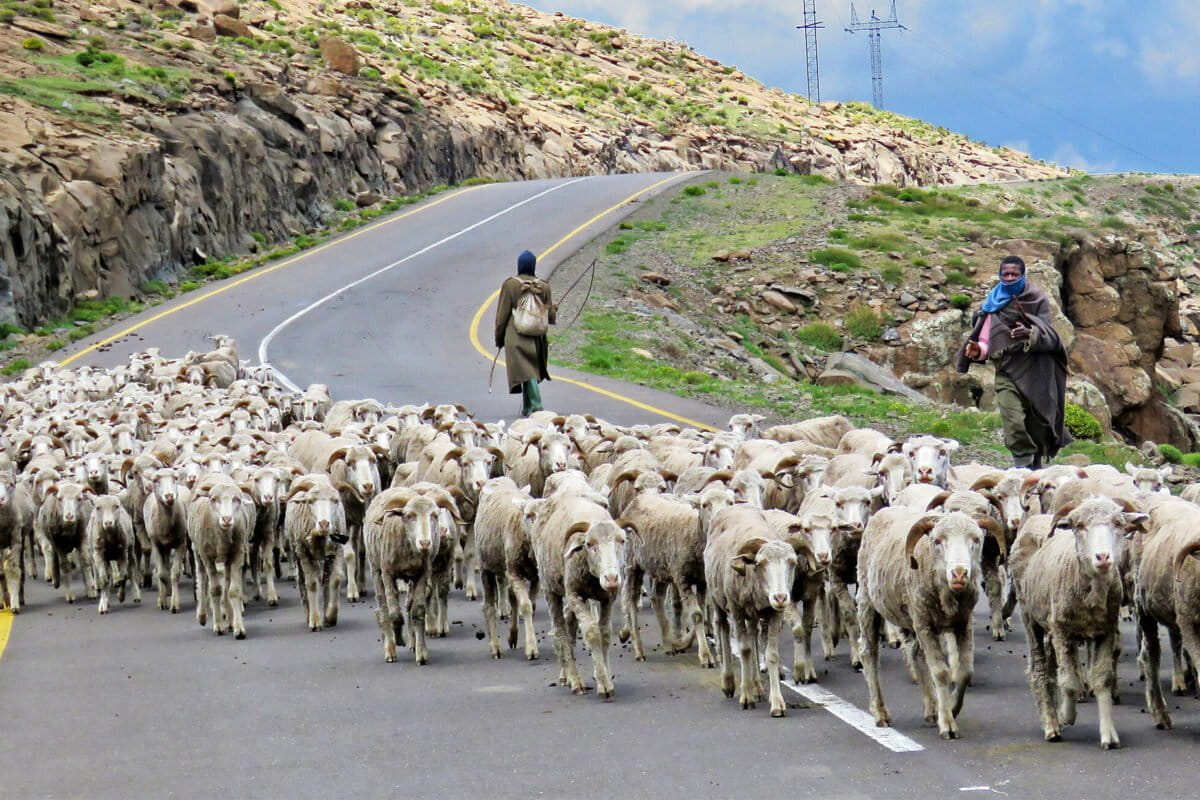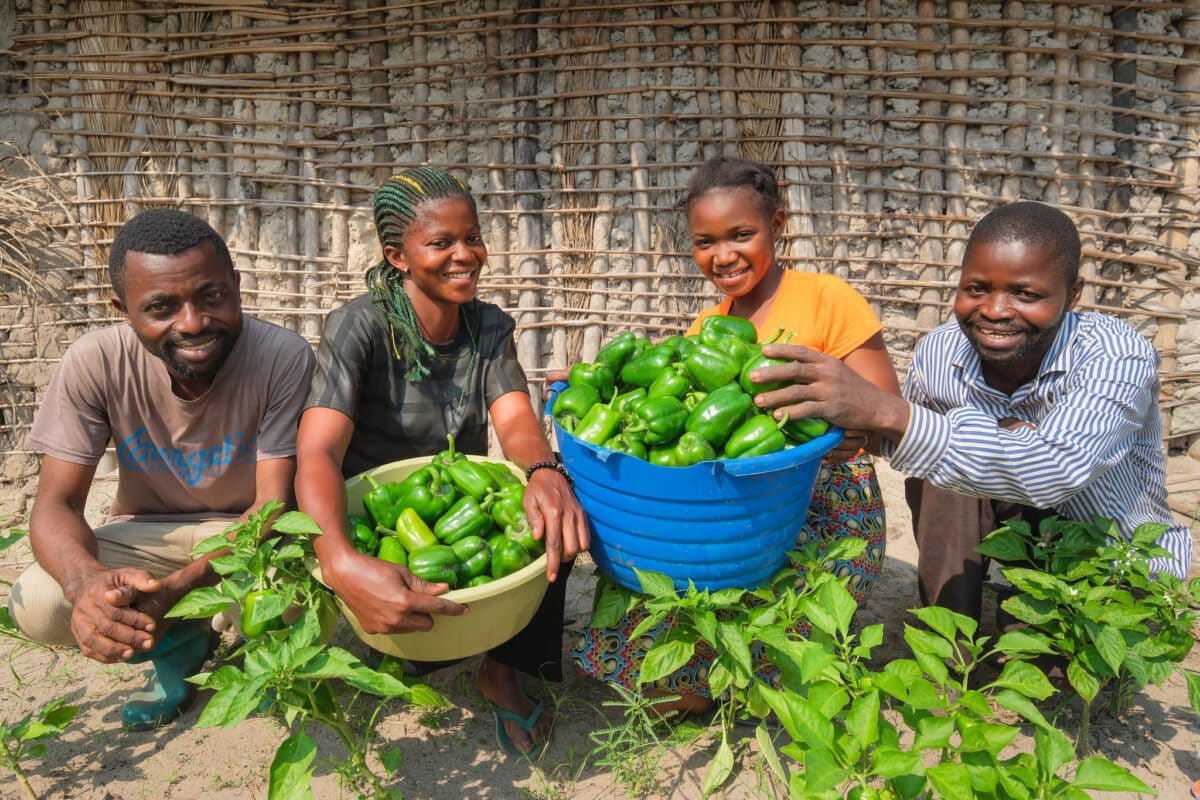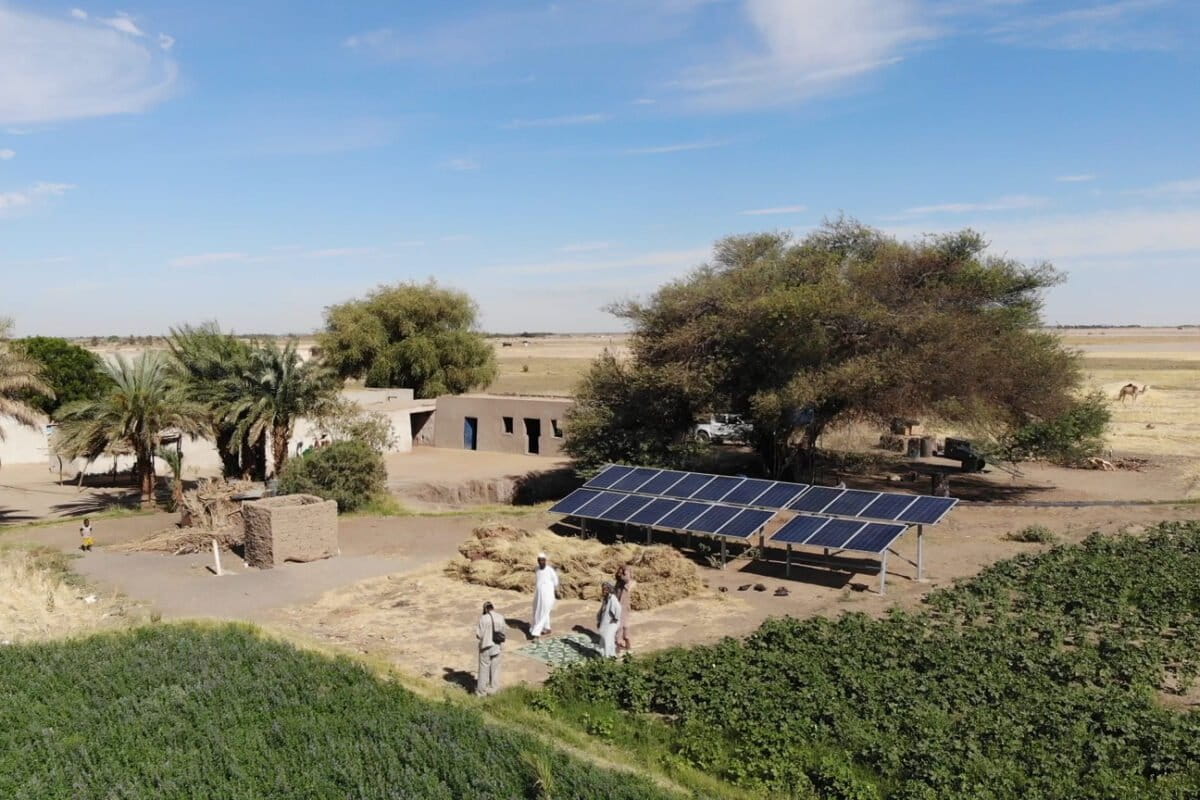- Brazil’s controversial bill 490 was overwhelmingly approved in the country’s Lower House by representatives and farmers, including political allies of President Lula’s party.
- The bill introduces a time frame to create Indigenous territories, reduces the area of Indigenous lands and opens Indigenous areas to mining and infrastructure projects, among other changes.
- According to opponents of the bill, this breaks with land rights guaranteed in the Constitution to Indigenous peoples. Proponents of the bill argue that more land should rather be given to farmers and economic development projects.
- The text now goes to the Senate, the majority of which are conservative and in favor of the reduction of the area of Indigenous territories. If approved, it goes to President Lula, who can veto the bill or be overridden by Congress.
SÃO PAULO — On Tuesday, Brazil’s Lower House of Congress overwhelmingly voted and approved a bill to restrict the legal recognition of Indigenous territories throughout the country.
Among many changes, the bill 490/2007 establishes a time frame — marco temporal in Portuguese — that only recognizes Indigenous land rights if they were living there or fighting for them, physically or judicially, on the date of enactment of the Federal Constitution on October 5, 1988.
The bill disregards that many communities were expelled from their ancestral territories long before that date, said Indigenous opponents like Dinamam Tuxá, executive coordinator of APIB, a coalition of Brazil’s Indigenous organizations. They call the bill unconstitutional for ignoring Indigenous land rights established in the Constitution.
The text was approved with 337 votes in favor, 125 against and one abstention. It was a victory, among others, for the country’s agribusiness lobby and farmers with influential ties to the Lower House, which set the bill as a voting priority, and for the House president, Arthur Lira, who wanted the vote before the judgment of the Federal Supreme Court on the subject, scheduled for next June 7.
Political allies of President Luiz Inácio Lula da Silva’s (Lula) party also voted in favor of the bill, despite the president’s efforts to expand the recognition of Indigenous lands.
The bill still needs approval in the Senate and a signature by the president to become law. A date has not yet been set for Senate voting. The president has powers to veto some or all parts of the law, but this can be overridden by a largely pro-agribusiness Congress. Ultimately, a ruling by the Supreme Court could overturn the bill even if it passes the Senate.

In Brazil, land conflicts between Indigenous people and farmers, cattle ranchers, loggers, miners and development projects are historic and frequent. The latter, who tend to support the bill and received backing by the previous President Jair Bolsonaro, see Indigenous land right claims that bar encroachers as a hindrance to their economic activities or invalid.
Land conflicts can descend into violence, with Indigenous land defenders suffering a large brunt of attacks, threats and unsolved assassinations. In January, two Pataxó youth in Bahia state were shot dead on their way home to farmland that has been the scene of intense and deadly conflicts, along with three Guajajara people in Maranhão state. Last month, an Indigenous chief was shot in the head in Pará state, an area with an outbreak of land conflicts between a major palm oil company and local communities.
Many Indigenous lands are safe havens of Brazil’s rich biodiversity, protect the Amazon’s last carbon sinks and act as buffers against deforestation by ranchers, loggers and miners who clear vast tracts of land. In the country, a 1.6% rate of deforestation occurred on Indigenous lands between 1990 and 2020, while private lands saw a 68.4% rate of deforestation. Opponents also call the bill a failure to help meet Brazil’s 2030 forest conservation and reforestation goals.
The bill includes changes such as the possibility of infrastructure works on Indigenous lands, “regardless of consulting the communities or the competent federal Indigenous body.” It also authorizes the exploitation of natural resources on Indigenous lands and questions the status of Indigenous lands already recognized. Access to peoples in voluntary isolation, which typically receive Land Protection Orders due to their vulnerability to disease and violence, would also be allowed.
The country has 496 demarcated Indigenous lands of 733 in total. The remaining 237, or 32% of the total, are at different stages of the land recognition process.
If put into law, the bill could lead to a loss of 63% of Indigenous lands already recognized by the state or in the process of achieving recognition, according to Congresso em Foco news outlet.

If approved, opponents also say it will bring a great deal of legal issues and more land conflicts.
“[For example], the marco temporal will encourage the return of conflicts over lands that have already been pacified,” said anthropologist and historian Lilia Schwarcz in a news conference. It doesn’t seem like a coincidence that this legal thesis [marco temporal] has gained strength during a dispute between the government of Santa Catarina state and the Xokleng people, of the Ibirama land,” said anthropologist and historian Lilia Schwarcz in a news program.
In 2003, the Ministry of Justice published a decree validating all stages of the land identification and delimitation of the Ibirama territory, the first stages before an Indigenous territory is officially recognized. The government of Santa Catarina, however, along with logging companies and farmers, questioned it in court, and the action has been in the supreme court since 2019. After seven postponements, the Supreme Court will resume the vote next week. The result will serve as a reference for other disputes.
It was actually the Supreme Court itself that introduced the legal thesis of the marco temporal in 2009 when assessing the case of the Indigenous land in Raposa Serra do Sol, Roraima state. This use of marco temporal by the court later came to be used as an argument by farmers and activists pushing to establish land claims on ancestral Indigenous lands.
During and after the voting session, Congress representatives from both sides spoke.
“There are those who absurdly believe that the entire Brazilian territory belongs to Indigenous peoples. It is unreasonable that a good citizen, after working and buying a property of land, finds out that there is a [land] succession of 200 years or more,” said Arthur Maia, rapporteur for the proposal and member of the Brazil Union party.
Maia did not respond to Mongabay’s requests for further comment by the time of publication.

“The representatives who speak in favor of the marco temporal try to convince the Brazilian population with lies, even saying that tomorrow the Indigenous peoples will claim the cities and the entire national territory,” Dinamam Tuxá of APIB told Mongabay.
On the other side of the aisle congresswoman Sâmia Bomfim declared: “The socio-environmental agenda is Brazil’s main window to the world. We are living in a climate emergency and the Indigenous peoples are the greatest defenders of the environment. Those who approve the marco temporal know that the Indigenous peoples are the greatest obstacles to the destruction of ecosystems.
“Those politicians, financed by large landowners, are disconnected from world politics. The main expectation of the international community regarding Brazil is the preservation of our biomes.”
Banner image: The police recently carried out a major raid on illegal mining in the Yanomami Indigenous Territory, in the state of Roraima, which is host to the criminal group’s activities. Photo by Marcelo Camargo/Agência Brasil.
Related listening from Mongabay’s podcast: We speak with Scott Wallace, a journalism professor at the University of Connecticut, National Geographic writer, and author of a New York Times best-selling book on the importance of protecting uncontacted Indigenous groups in the Amazon. Listen here:
The counterstrike: Brazilian Congress moves to block Lula’s environmental agenda
FEEDBACK: Use this form to send a message to the author of this post. If you want to post a public comment, you can do that at the bottom of the page.














